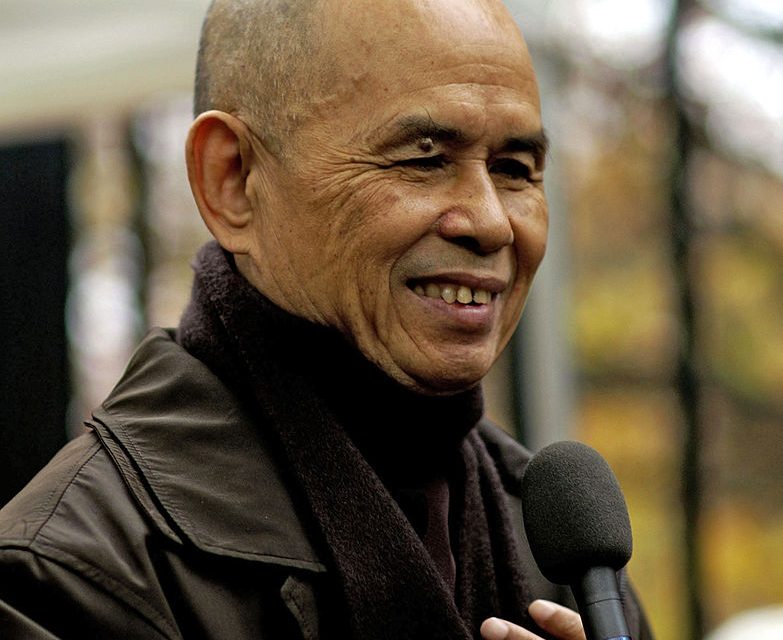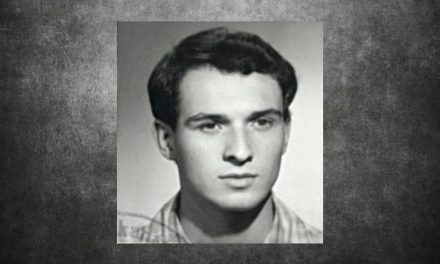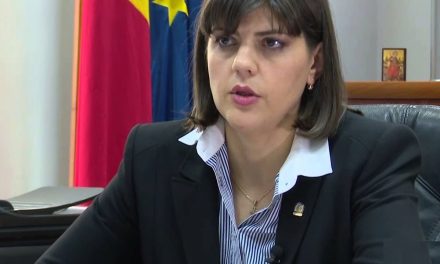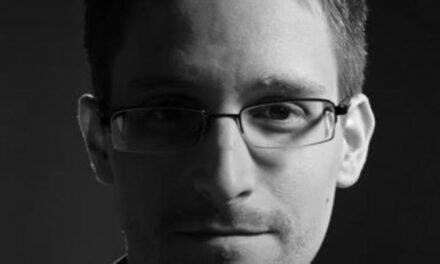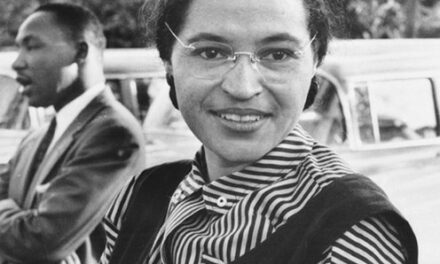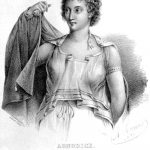EARLY LIFE
On October 11, 1926, Nhat Hanh was born into a large family in the ancient imperial capital of Huế. He grew up with five sisters and three brothers. His father was a military officer and his mother was a schoolteacher. Thich Nhat Hanh was the first Buddhist monk to gain international prominence, and in his teachings, he sought to bring the world into harmony with nature. He was called a “Zen-Buddhist” because he combined traditional Buddhism with Zen.
ENGAGED BUDHISM
Although Nhat Hanh was seemingly uninterested in politics, his engagement and activism made him a very strong political figure which influenced many government policies. Nhat Hanh was a key leader of the Vietnam peace movement, which he called “the Vietnamese way.”
He was also an active Buddhist monk who advocated nonviolent action. He was a central figure in the creation of Engaged Buddhism, which combined mindfulness meditation and compassion with activism. The Buddhist philosophy of engaged Buddhism was inspired by the Buddhist tradition of engaged Buddhism. In the late 1960s, in response to the Vietnam War, Vietnamese Buddhism was divided into two camps: The Buddhist traditionalists and the Buddhists engaged with social and political issues. Nhất Hạnh’s Buddhism was called “engaged Buddhism”. He thought that the practice of Buddhism should not be separate from human society. He advocated the importance of engaging with society as a way to transform the individual’s mind.
Nhất Hạnh’s life of activism changed everything around him. His wife and daughter, Thế Anh, were arrested for opposing the Vietnam war. In 1972, he wrote: “In the name of peace, I will fight for justice; in the name of justice, I will fight for peace. Evidently, his views were not in line with the government’s. The South Vietnamese government did not accept his criticism of Catholicization of the country and the American involvement. He was expelled from the country in 1972 and did not return until 2005. Nhất Hạnh was one of the first to leave Vietnam after the fall of Saigon, leaving behind his family and most of his belongings.
THE NOBEL PEACE PRIZE HE NEVER RECEIVED
Among many friends which Nhat Hanh acquainted during his perhaps the most prominent figure he met was Marthin Luther King, Jr who nominated Nhat Hanh for the Nobel Peace Prize for the year 1967. Unfortunately that year there were no nominations. MLK wrote “I do not personally know of anyone more worthy of this prize than this gentle monk from Vietnam. He is an Apostle of Peace and Nonviolence. His ideas for peace, if applied, would build a monument to ecumenism, to world brotherhood, to humanity.” The following is the original nomination letter by MLK
“Gentlemen:
As the Nobel Peace Prize Laureate of 1964, I now have the pleasure of proposing to you the name of Thich Nhat Hanh for that award in 1967. I do not personally know of anyone more worthy of the Nobel Peace Prize than this gentle Buddhist monk from Vietnam.
This would be a notably auspicious year for you to bestow your Prize on the Venerable Nhat Hanh. Here is an apostle of peace and non-violence, cruelly separated from his own people while they are oppressed by a vicious war which has grown to threaten the sanity and security of the entire world.
Because no honor is more respected than the Nobel Peace Prize, conferring the Prize on Nhat Hanh would itself be a most generous act of peace. It would remind all nations that men of good will stand ready to lead warring elements out of an abyss of hatred and destruction. It would re-awaken men to the teaching of beauty and love found in peace. It would help to revive hopes for a new order of justice and harmony.
I know Thich Nhat Hanh, and am privileged to call him my friend. Let me share with you some things I know about him. You will find in this single human being an awesome range of abilities and interests.
He is a holy man, for he is humble and devout. He is a scholar of immense intellectual capacity. The author of ten published volumes, he is also a poet of superb clarity and human compassion. His academic discipline is the Philosophy of Religion, of which he is Professor at Van Hanh, the Buddhist University he helped found in Saigon. He directs the Institute for Social Studies at this University. This amazing man also is editor of Thien My, an influential Buddhist weekly publication. And he is Director of Youth for Social Service, a Vietnamese institution which trains young people for the peaceable rehabilitation of their country.
Thich Nhat Hanh today is virtually homeless and stateless. If he were to return to Vietnam, which he passionately wishes to do, his life would be in great peril. He is the victim of a particularly brutal exile because he proposes to carry his advocacy of peace to his own people. What a tragic commentary this is on the existing situation in Vietnam and those who perpetuate it.
The history of Vietnam is filled with chapters of exploitation by outside powers and corrupted men of wealth, until even now the Vietnamese are harshly ruled, ill-fed, poorly housed, and burdened by all the hardships and terrors of modern warfare.
Thich Nhat Hanh offers a way out of this nightmare, a solution acceptable to rational leaders. He has traveled the world, counseling statesmen, religious leaders, scholars and writers, and enlisting their support. His ideas for peace, if applied, would build a monument to ecumenism, to world brotherhood, to humanity.
I respectfully recommend to you that you invest his cause with the acknowledged grandeur of the Nobel Peace Prize of 1967. Thich Nhat Hanh would bear this honor with grace and humility.
Sincerely,
Martin Luther King, Jr.”
PIONEER OF ENVIRONMENTAL ACTIVISM
.Nhất Hạnh was very interested in ecology and nature protection namely by advocating deep ecology. In contrast to shallow ecology, which focuses on the environment in isolation from human beings, deep ecology aims to create a sustainable society that recognizes and respects the rights of all living beings. This is also known as biocentrism, which can be contrasted with anthropocentrism, which views humans as the center of the universe. Deep ecology holds that nature is the fundamental source of life and must be protected and preserved.
He would also quote from Albert Einstein’s “everything in nature is interrelated”. He used to say: “Ecology is the science of how we should live on this planet.” He was concerned with human relationships with nature and believed that if humans changed their attitudes and behaviors toward nature, they would also change their attitude toward themselves. He said: “People have a very distorted image of nature and the planet. They think nature is something outside them.

